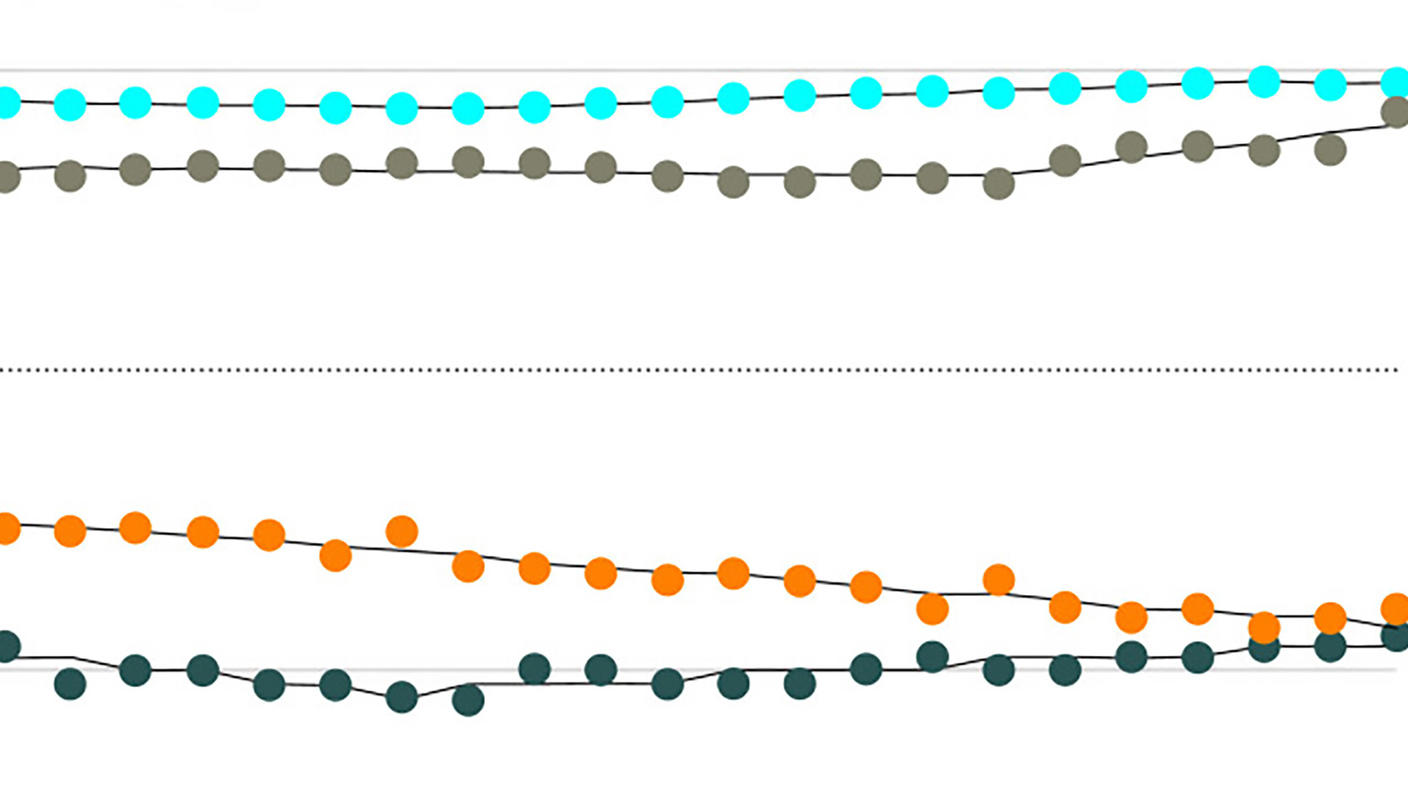The Division maintains a broad-ranging, multi-faceted program of descriptive epidemiological studies utilizing a variety of methodological approaches to identify novel risk factors, evaluate tumor heterogeneity, describe current and future trends of common and rare malignancies, and project risk for second primary cancers.
Cancer Surveillance Research
DCEG studies that explore population heterogeneity, disparities, geographic variation, and international patterns include:
- Cancer Surveillance Research: Elucidating Etiologic Heterogeneity, Current Patterns, and Future Trends
- Second Primary Cancers
Mapping Cancer Rates by Geography, Race, and Ethnicity
To identify novel carcinogenic exposures, our investigators utilize the NCI Cancer Atlas, a visualization mapping tool, to characterize the geographic distribution of cancer as well as differences by race and ethnicity.
Data Linkage Studies
Large databases linked to cancer registries allow DCEG investigators to assess the influence of cancer risk factors on population-level incidence rates. Linked studies include:
Novel Methods and Tools
DCEG investigators have developed sophisticated biostatistical models and analytic tools to help explain changes in cancer incidence and mortality trends over time. An example is the Age-Period-Cohort (APC) tool, designed to enable researchers to disentangle the interactive effects of age-related biology, calendar-period effects (e.g., screening), and birth-cohort exposures from one generation to the next.
COVID-19 Mortality Tracker
Investigators developed the COVID-19 Mortality Tracker to monitor weekly U.S. trends in overall and cause-specific mortality since the onset of the pandemic. The goal is to monitor the broader impact of COVID-19 on mortality in the U.S. using data visualization techniques to reveal patterns and generate potential research questions.
For more information, contact Meredith Shiels.
Infections and Immunoepidemiology Branch - Research Areas

